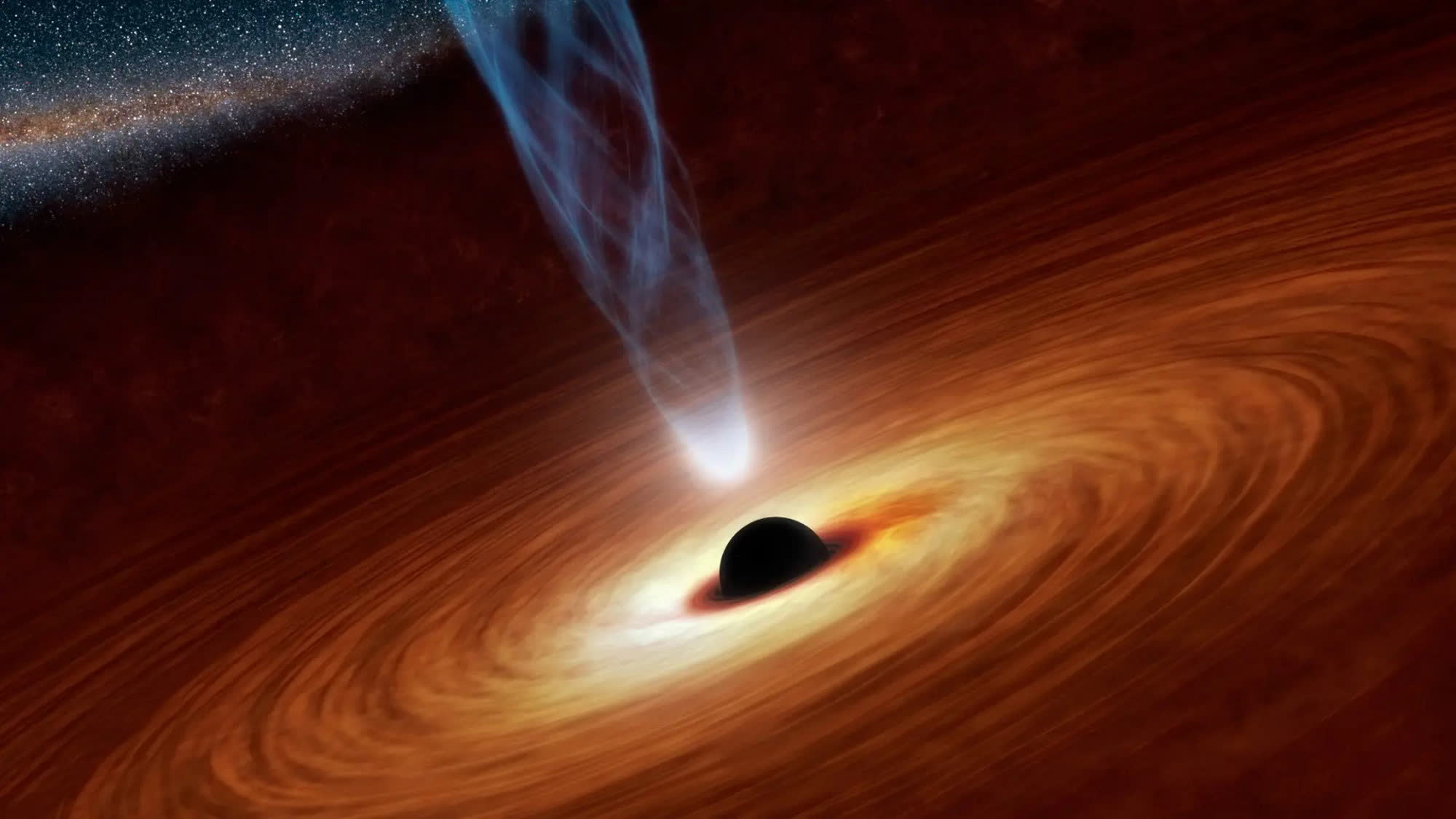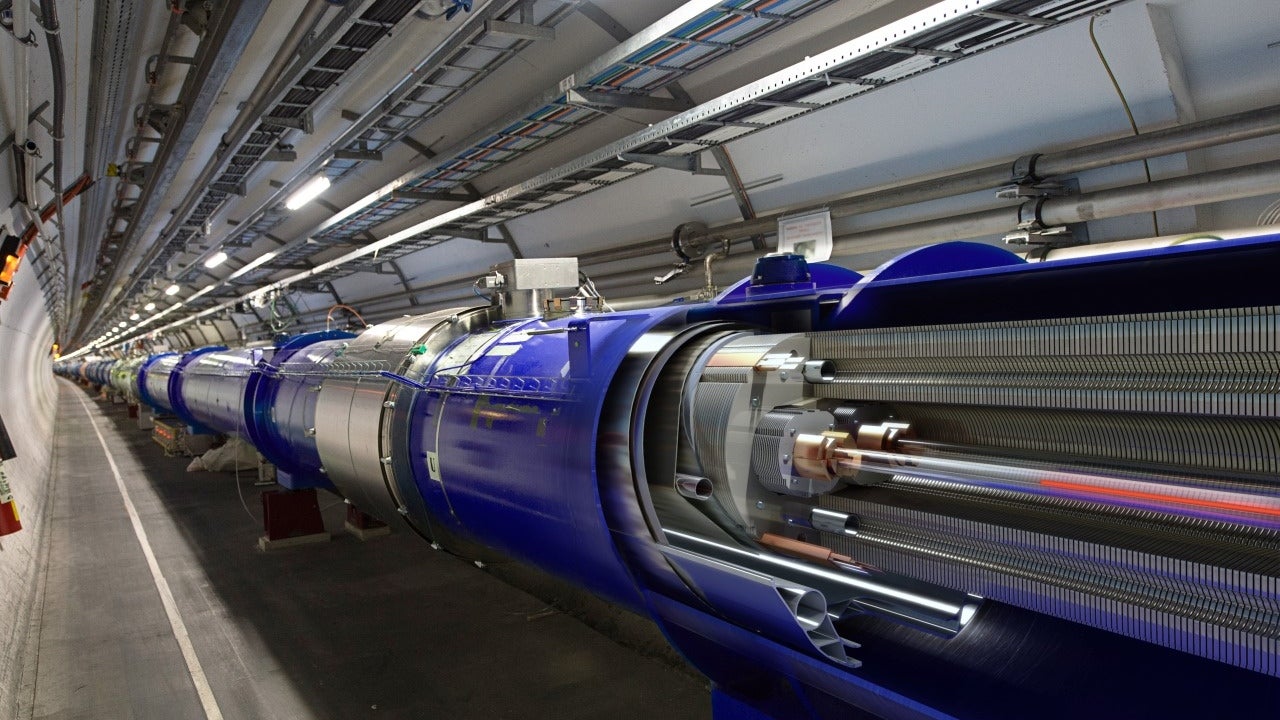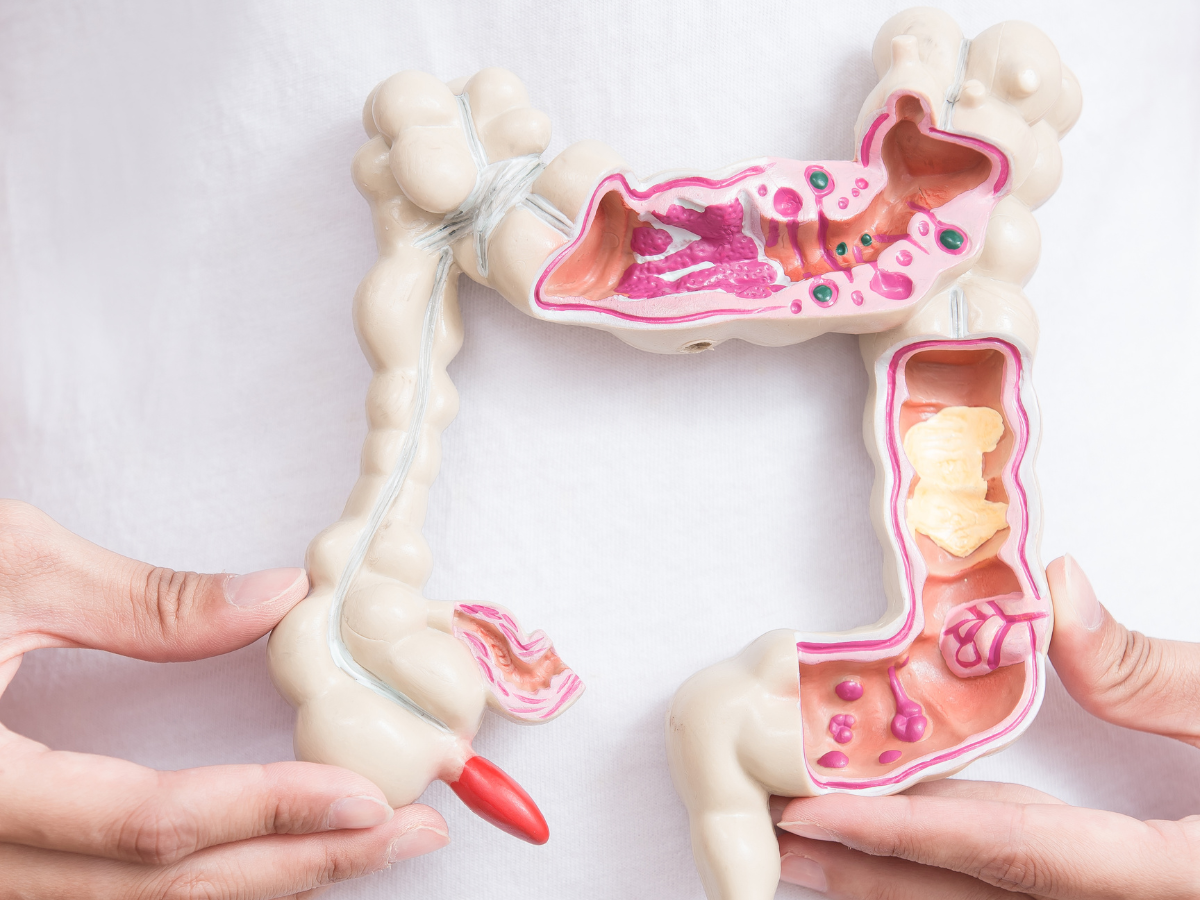Feed description:
様々な天体画像(本物は1つで残りはすべて偽物)【今日の宇宙画像】 - sorae 宇宙へのポータルサイト
5/31/23 at 3:01pm

Source Image Credit: M. J. Smith et al. (U. Hertfordshire) sorae - 人工知能が宇宙を作る? 驚異の「生成モデル」 こちらは、sorae
Viewed by
You are the first to view
James Webb telescope used to spot a "larger than expected" supermassive black hole - TechSpot
5/31/23 at 3:01pm

The James Web Space Telescope (JWST) is once again providing scientists around the world with never-before-seen discoveries about how the universe works. A team of researchers from...
Viewed by
You are the first to view
X-ray emissions from black hole jets vary unexpectedly, challenging leading model of particle acceleration - Phys.org
5/31/23 at 3:01pm

Researchers discovered only relatively recently that black hole jets emit X-rays, and how the jets accelerate particles to this high-energy state is still a mystery. Surprising new findings in Nature Astronomy appear to rule out one leading theory, opening th…
4 similar
Viewed by
You are the first to view
‘Alien’ mock signal sent to Earth from Mars for the 1st time: Report - Hindustan Times
5/31/23 at 3:01pm

Amid the search for another life beyond Earth, an alien signal was beamed to the planet from Mars for the first time.
3 similar
Viewed by
You are the first to view

Flight controllers at ESA's mission control center in Germany have been busy this week, working with instrument teams on the final deployments to prepare ESA's Jupiter Icy Moons Explorer (Juice) for exploring Jupiter.
Viewed by
You are the first to view
Humans evolved to walk with an extra spring in our step, shows foot arch study - Phys.org
5/31/23 at 3:01pm

A new study has shown that humans may have evolved a spring-like arch to help us walk on two feet. Researchers studying the evolution of bipedal walking have long assumed that the raised arch of the foot helps us walk by acting as a lever which propels the bo…
3 similar
Viewed by
You are the first to view

Scientists have been peering into the depths of space, looking right back at the early days of the universe, and they’ve found something very interesting indeed. Researchers using the James Webb Space Telescope have come across a discovery that indicates some…
1 similar
Viewed by
You are the first to view
UAE heading to asteroid belt as it announces new space mission - Al Jazeera English
5/31/23 at 3:01pm

Spacecraft will travel to an asteroid called Justitia that could give insight into the genesis of life on Earth.
Viewed by
You are the first to view
First Signs of Higgs Boson Decay Hint At Particles Currently Unknown to Physics! | Weather.com - The Weather Channel
5/31/23 at 3:01pm

For physicists, particle decay is an event that happens all the time, but to catch signs of its passing, even so, that of a Higgs boson decay is roughly a one-in-a-thousand event.
Viewed by
You are the first to view
Study finds possible cause for spike in colorectal cancer cases in patients under 50 - Indiatimes.com
5/31/23 at 3:01pm

Colon cancer develops from polyps in your colon's inner lining. Researchers have found a new possible cause for increase in this cancer in young people in the US.
1 similar
Viewed by
You are the first to view
Ostarine (MK-2866) SARMs: Side Effects, Dosage and Before and After Results - Deccan Herald
5/31/23 at 3:01pm

My Experience with Ostarine How I Learned About Ostarine?
Viewed by
You are the first to view
Researchers discover distinct patterns of pre-existing brain health characteristics in stroke patients - Devdiscourse
5/31/23 at 3:01pm

Extensive research has helped identify risk factors for acute stroke, but there is still a lack of information of what stroke patients' brains look like on a population level, according to a study.
1 similar
Viewed by
You are the first to view
Does your kid hate milk? 7 other foods that are equally rich in calcium - Free Press Journal
5/31/23 at 3:01pm

Does your kid hate milk? 7 other foods that are equally rich in calcium
1 similar
Viewed by
You are the first to view
World Multiple Sclerosis Day 2023: History, Theme, Significance & 7 Early Signs To Watch Out For - NDTV
5/31/23 at 3:01pm

World Multiple Sclerosis Day 2023: Early diagnosis and treatment can help manage symptoms and slow the progression of the disease.
Viewed by
You are the first to view
Experimental drug can inhibit or prevent diabetic eye disease, reveals new study - Ahmedabad Mirror
5/31/23 at 3:01pm

Experimental drug can inhibit or prevent diabetic eye disease, reveals new study
Viewed by
You are the first to view

Researchers have developed a scoring system based on patient-reported symptoms that can identify individuals with long COVID.
1 similar
Viewed by
You are the first to view

Matthew Macfadyen discusses when he learned what would happen in the series finale of Succession and Tom's ultimate fate.
Viewed by
You are the first to view
Uganda enacts harsh anti-LGBTQ law including death penalty - India Today
5/31/23 at 3:00pm

Uganda's move could encourage lawmakers in neighbouring Kenya and Tanzania to seek similar measures.
Viewed by
You are the first to view
Republican tries to scuttle debt limit bill in House Rules Committee as pressure grows on key swing vote - CNN
5/31/23 at 3:00pm
1 similar
Viewed by
You are the first to view
China Launches Mission With First Civilian To Space Station - NDTV
5/31/23 at 3:00pm

China sent three astronauts to its Tiangong space station on Tuesday, putting a civilian into orbit for the first time as it pursues plans to send a crewed mission to the Moon by the end of the decade.
Viewed by
You are the first to view
Goldilocks Galore: Hundreds of Millions of Planets in the Milky Way Could Potentially Harbor Life - SciTechDaily
5/31/23 at 3:00pm

University of Florida astronomers find that hundreds of millions of planets orbiting dwarf stars in the Milky Way could potentially harbor life, occupying a 'Goldilocks' orbit that allows them to withstand extreme tidal forces and retain liquid water, accordi…
Viewed by
You are the first to view
At least 30 NATO troops injured in clashes with Serbs in Kosovo - Al Jazeera English
5/31/23 at 3:00pm

The peacekeeping force says 11 Italian and 19 Hungarian soldiers sustained injuries, including fractures and burns.
Viewed by
You are the first to view
System Shock: The oral history of a forward-thinking PC classic - Rock Paper Shotgun
5/31/23 at 3:00pm

RPS speaks to six former Looking Glass developers about the making of the original System Shock, and its legacy almost 30 years later.
1 similar
Viewed by
You are the first to view
Ukraine war: Moscow drone attacks targeted civilians - Putin - BBC
5/31/23 at 3:00pm

Ukraine denies carrying out the drone strikes, which came after a Russian attack on Kyiv.
Viewed by
You are the first to view
Viewed by
You are the first to view